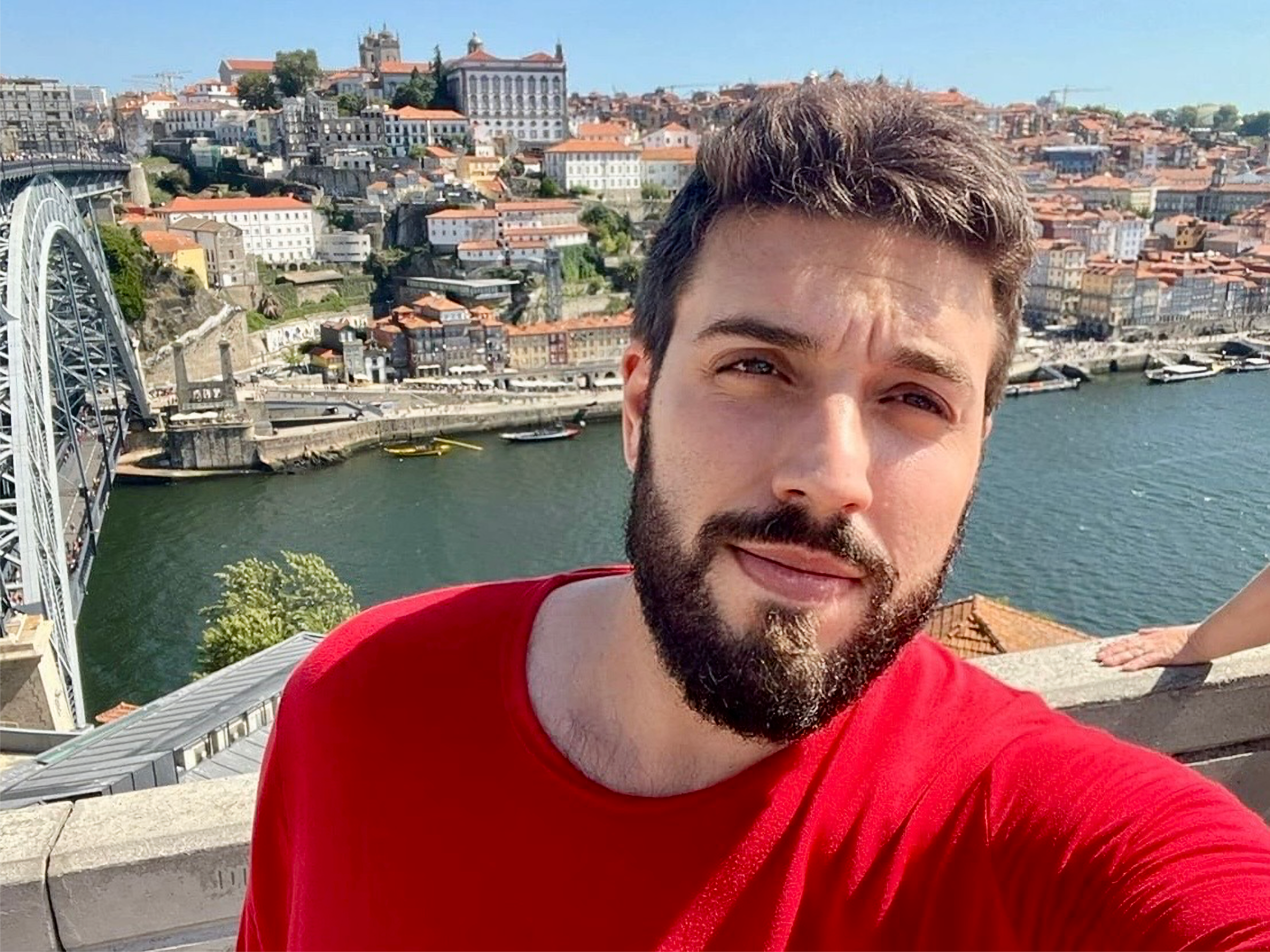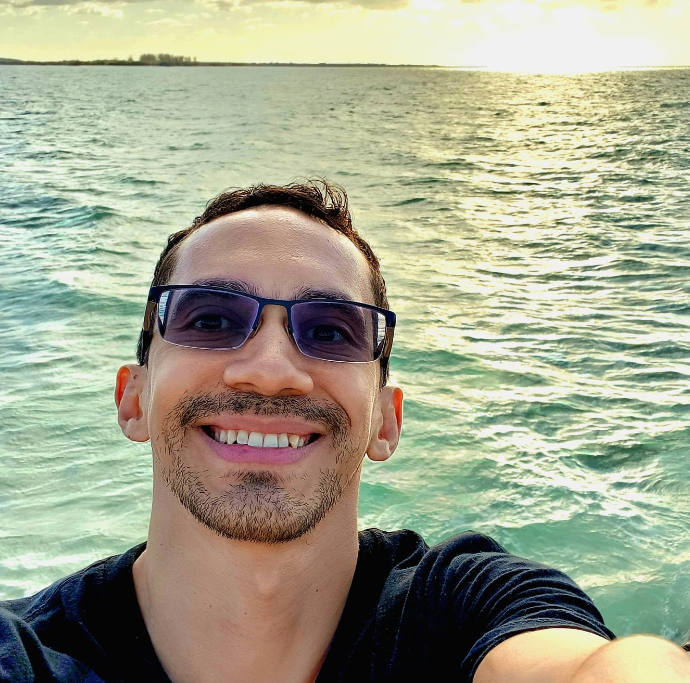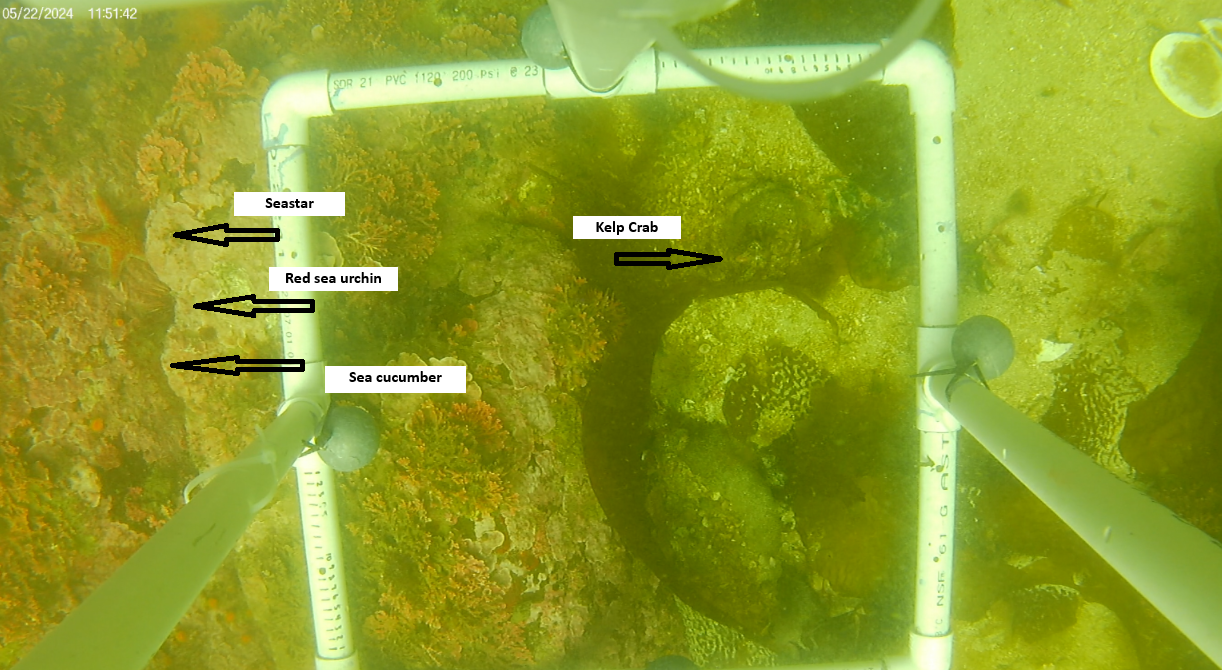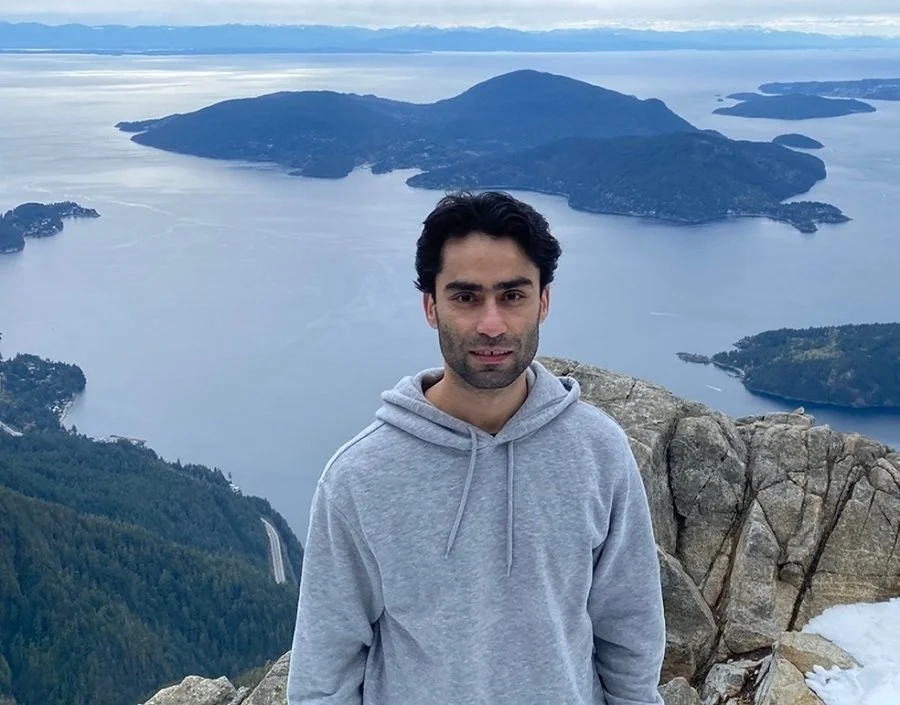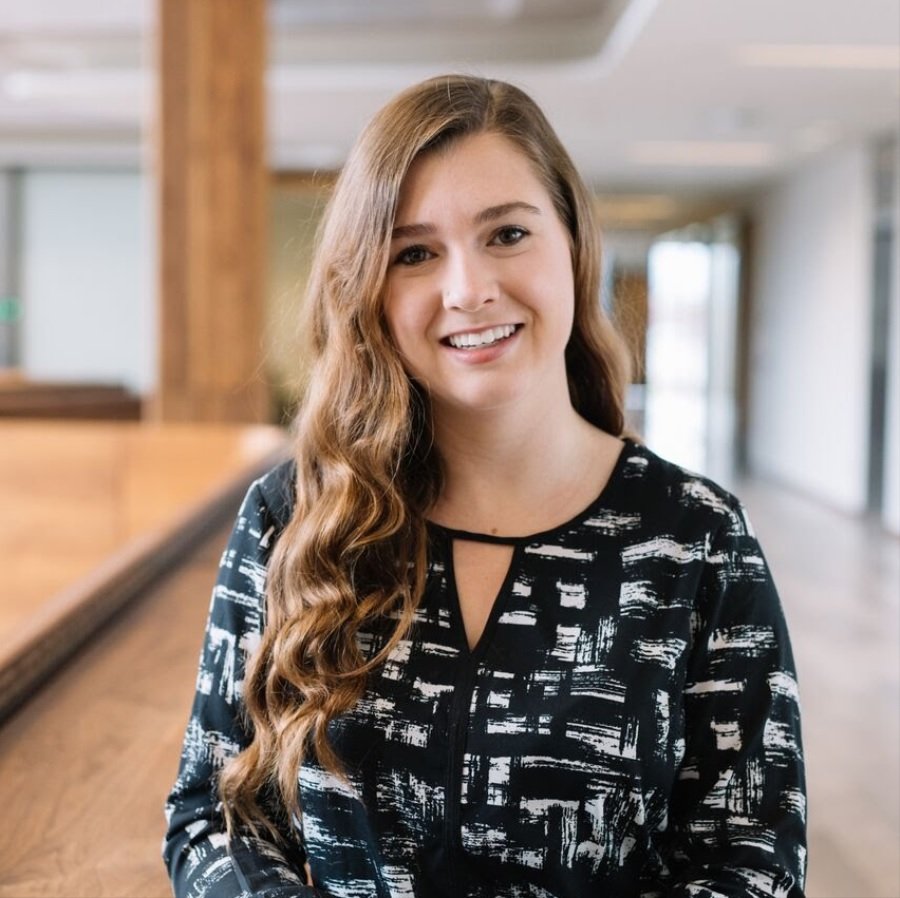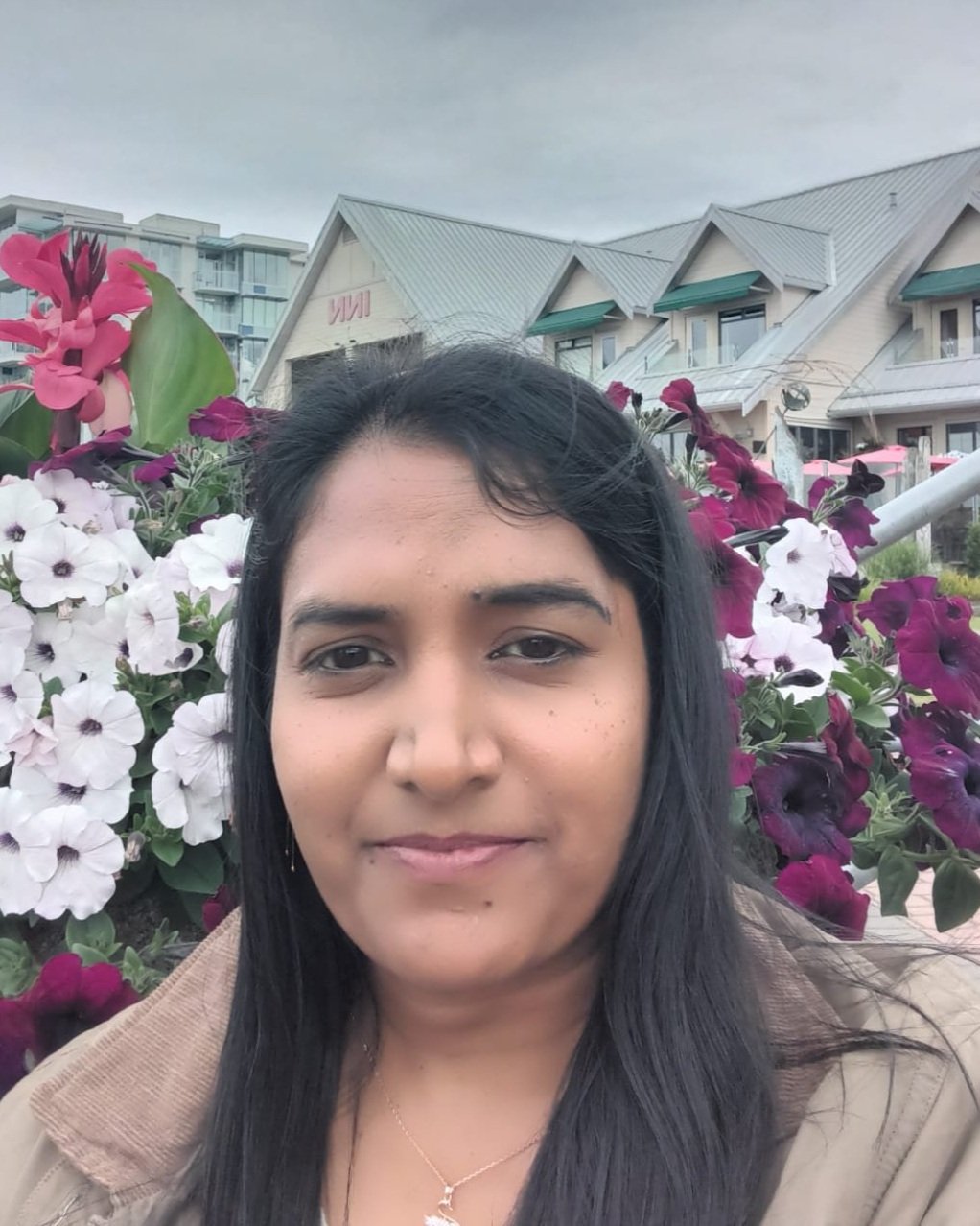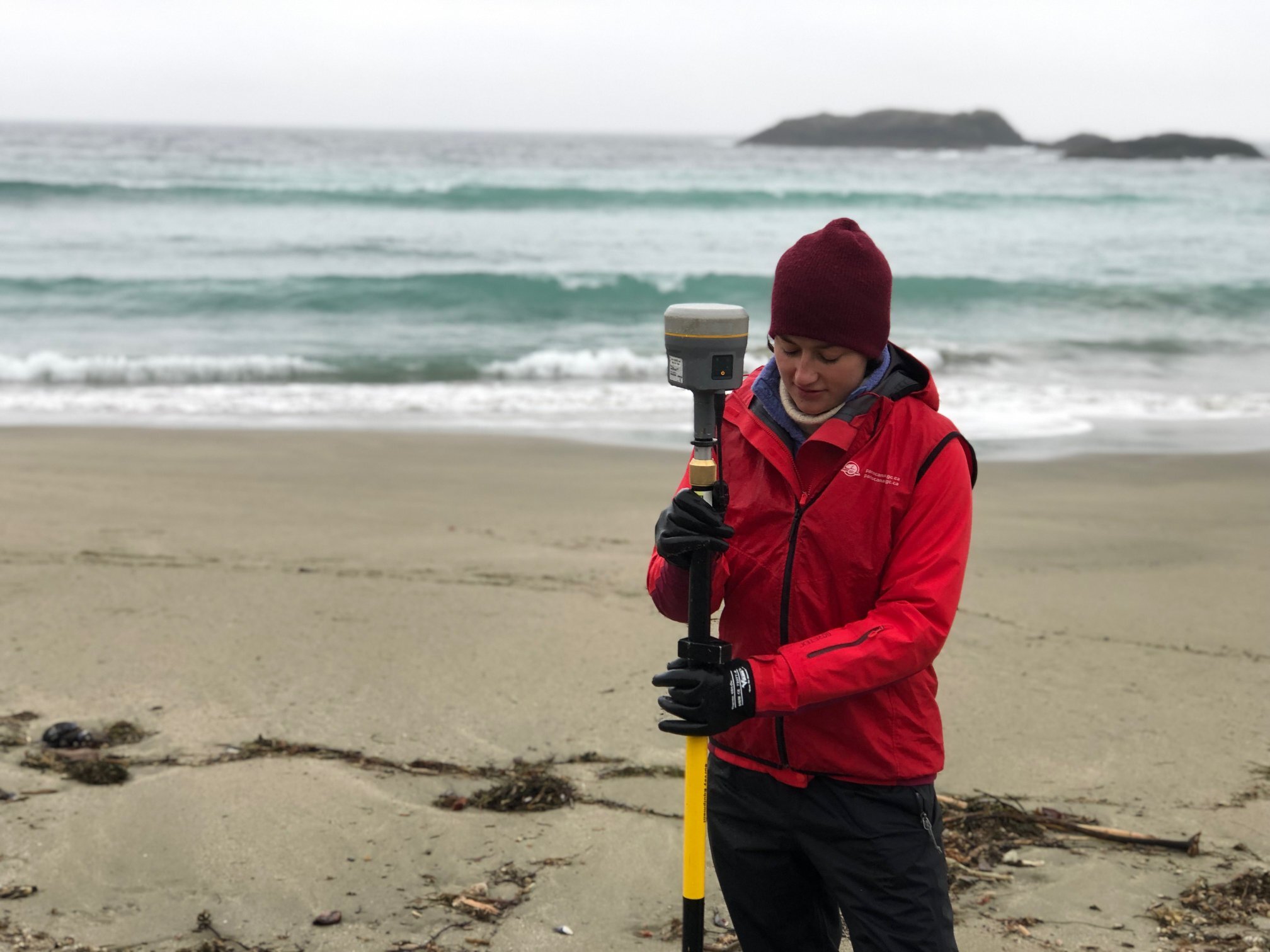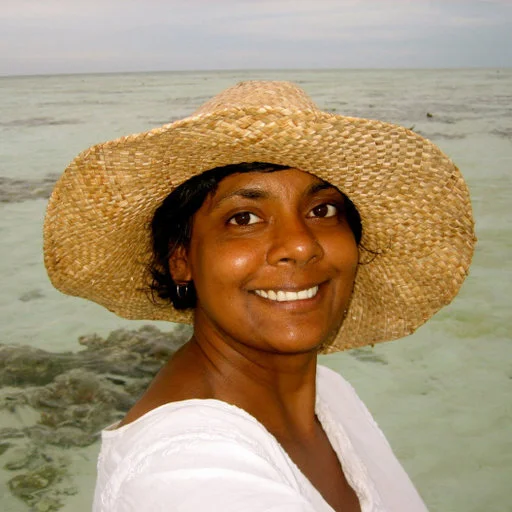Nelson Gouveia
Postdoctorial Fellow in Geography, University of Victoria
PhD Remote Sensing, National Institute for Space Research (Instituto Nacional de Pesquisas Espaciais – INPE), Brazil
MSc Remote Sensing, National Institute for Space Research (Instituto Nacional de Pesquisas Espaciais – INPE), Brazil
Contact
Spectral Lab Research:
As part of the Sargassum Project, I am developing a predictive model to forecast the influx of Sargassum along the northern coast of Brazil. The objective is to better understand how oceanographic, continental, and atmospheric variability influences the dynamics, transport pathways, and coastal landfall of Sargassum. The project also aims to assess the vulnerability of affected coastal regions, with a focus on environmental, social, economic, and public health impacts.
Background:
I am a scientist dedicated to understanding interconnected processes that link continental hydrology and biological and physical processes in the oceans and atmosphere. My work focuses on understanding the interactions between these systems to address pressing environmental challenges. With a strong interdisciplinary background, I am passionate about leveraging advanced data analysis techniques, modeling, and remote sensing to tackle environmental issues. I hold a PhD and a Master's degree in Remote Sensing, with expertise in data science, machine learning, hydrodynamic modeling, and Lagrangian ocean modeling.
expertise and experience:
remote sensing, modeling, hydrology, data science, machine learning
Publications:
Rosa, E. B., Pezzi, L. P., de Quadro, M. F. L., Carvalho, J. T., Santini, M. F., Gouveia, N., & Lorenzzetti, J. A. (2025). Oceanic mixed layer depth variability forced by South Atlantic convergence zone episodes. Climate Dynamics, 63, 307. https://doi.org/10.1007/s00382-025-07801-w
Issac, J. V., Castello, L., Gouveia., N. A., et al.(2025). Size spectra assess social-ecological impacts on Amazonian fish assemblages. Ecological Indicators, 173, 113360. https://doi.org/10.1016/j.ecolind.2025.113360
Vidal, T. J., Gouveia, N., Müller, M. N., Da Silveira, C., Maida, M., & Ferreira, B. P. (2024). Mortality patterns and recovery challenges in Millepora alcicornis after mass bleaching event on Northeast Brazilian reefs. Marine Environmental Research, 106864. https://doi.org/10.1016/j.marenvres.2024.106864
Furtado, M. D. S. C., Queiroz, J. C. B., Bentes, B., Gouveia, N. D. A., de Lima, M. J. A., Ruffino, M. L., & Isaac, V. (2024). How does climate change affect small scale fisheries? A case study of the Lower Amazon in Brazil. Fisheries Management and Ecology, 31(1), e12654. https://doi.org/10.1111/fme.12654
Trindade, D. G., de Almeida de Gouveia, N., da Mescouto, N. L. D. C., de Sousa Moura, H. T. G., da Silva, U. I. P., & Bentes, B. (2024). Effects of marine climate variability on the relative abundance of Lutjanus purpureus (Poey, 1866) on the Amazon continental shelf. Fisheries Oceanography, 33(2), e12662. https://doi.org/10.1111/fog.12662
Moura, H. T. G. D. S., Trindade, D. G., Gouveia, N. D. A., Nunes, Z. M., & Bentes, B. (2024). Impacts of climatic and oceanographic variability on the landing of Cynoscion acoupa (Lacepède, 1801) captured on the Amazon continental shelf. Regional Studies in Marine Science, 76, 103608. https://doi.org/10.1016/j.rsma.2023.103608
Mota, L. D. F., Gouveia, N. A., Paes, E. T., Watrin, O. D. S., Costas, I., & Parise, F. D. O. (2024). Análise multicritério em ambiente SIG na indicação de áreas adequadas à piscicultura no Nordeste do Estado do Pará. Revista Brasileira de Geografia Física, 17(2), 1200–1212. https://doi.org/10.26848/rbgf.v17.2.p1200-1212
Gomes, L. D. M., Garcia, G. S., Cordeiro, C. A., Gouveia, N. A., Ferreira, C. E., Bender, M. G., ... & Gherardi, D. F. (2023). Complex phylogenetic origin and geographic isolation drive reef fishes response to environmental variability in oceanic islands of the southwestern Atlantic. Ecography, 2023(8), e06559. https://doi.org/10.1111/ecog.06559
Garcia, I. M. W., de Almeida Gouveia, N., de Melo Junior, D. R., da Silva Gonçalves, C., Rabelo, F. G., & de Oliveira Parise, F. J. (2023). Avaliação do uso e cobertura do solo e seus impactos na região sul de Macapá, Amapá, Brasil entre 1985 e 2022. Revista Brasileira de Geografia Física, 16(4), 2171–2183. https://doi.org/10.26848/rbgf.v16.4.p2171-2183
Peixoto, U. I., Mesquita, E. M., Cintra, I. A., Klautau, A. G., Gouveia, N. A., Paes, E. T., & Isaac, V. J. (2020). Population dynamics and sustainability of the spiny lobster (Panulirus meripurpuratus Giraldes & Smyth, 2016) fishery on the Amazon continental shelf. Marine and Freshwater Research, 72(1), 99–109. https://doi.org/10.1071/MF19364
Gouveia, N. A., Gherardi, D. F. M., & Aragão, L. E. O. C. (2019). The role of the Amazon River plume on the intensification of the hydrological cycle. Geophysical Research Letters, 46, 12221–12229. https://doi.org/10.1029/2019GL084302
Gouveia, N. A., Gherardi, D. F. M., Wagner, F. H., Paes, E. T., Coles, V. J., & Aragão, L. E. O. C. (2019). The salinity structure of the Amazon river plume drives spatiotemporal variation of oceanic primary productivity. Journal of Geophysical Research: Biogeosciences, 124, 147–165. https://doi.org/10.1029/2018JG004665
Gouveia, N. A., Alves, F. C., & Pereira, L. O. (2019). Pre-processing of Sentinel-1 C-band SAR images based on incidence angle correction for dark target detection. Remote Sensing Letters, 10(10), 939–948. https://doi.org/10.1080/2150704X.2019.1634300
Di Paolo, I. F., Gouveia, N. A., Neto, L. C. F., Paes, E. T., Vijaykumar, N. L., & Santana, Á. L. (2019). Data mining of spatio-temporal variability of chlorophyll-a concentrations in a portion of the western Atlantic with low performance hardware. Journal of Software Engineering and Applications, 12(5), 149–165. https://doi.org/10.4236/jsea.2019.125010
Gouveia, N. de A., Lima, F. A. de, Sousa, M. de C., & Santos, M. A. S. dos. (2015). O seguro defeso do pescador artesanal: evolução dos recursos e beneficiários no estado do Pará. Revista Monografias Ambientais, 14(2), 75–85. https://doi.org/10.5902/2236130817881

